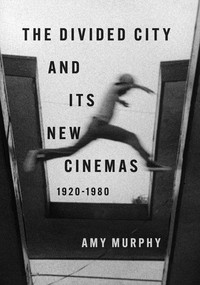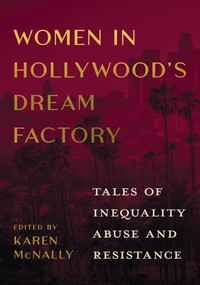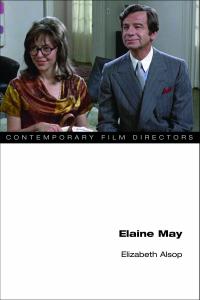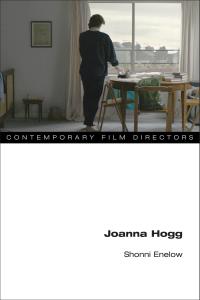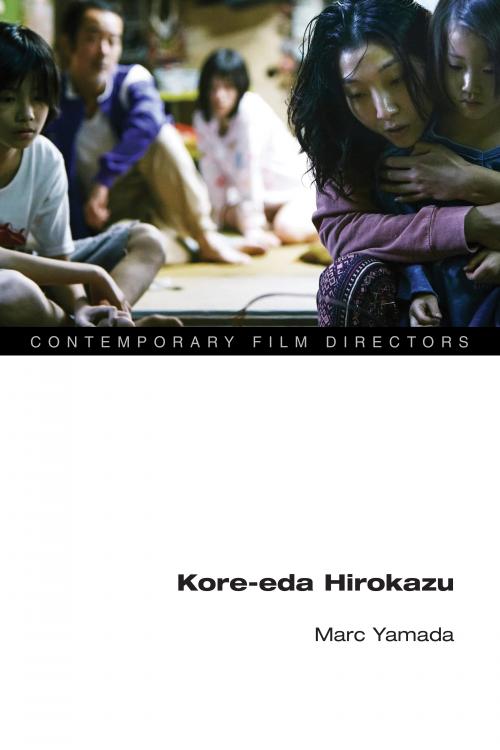
Kore-eda Hirokazu
Shared spaces of filmmaking
Cloth – $110
978-0-252-04512-7
Paper – $22
978-0-252-08726-4
eBook – $14.95
978-0-252-05449-5
Publication Date
Paperback: 07/04/2023
Cloth: 07/04/2023
Cloth: 07/04/2023
Series: Contemporary Film Directors
About the Book
Films like Shoplifters and After the Storm have made Kore-eda Hirokazu one of the most acclaimed auteurs working today. Critics often see Kore-eda as a director steeped in the Japanese tradition defined by Yasujirō Ozu. Marc Yamada, however, views Kore-eda’s work in relation to the same socioeconomic concerns explored by other contemporary international filmmakers. Yamada reveals that a type of excess, not the minimalism associated with traditional aesthetics, defines Kore-eda’s trademark humanism. This excess manifests in small moments when a desire for human connection exceeds the logic of the institutions and policies formed by the neoliberal values that have shaped modern-day Japan. As Yamada shows, Kore-eda captures the shared spaces formed by bodies that move, perform, and assemble in ways that express the humanistic impulse at the core of the filmmaker’s expanding worldwide appeal.About the Author
Marc Yamada is an associate professor of Interdisciplinary Humanities at Brigham Young University. He is the author of Locating Heisei in Japanese Fiction and Film: The Historical Imagination of the Lost Decades.Reviews
"A close read of the works of one of the world’s most deeply human writer-directors. The section studying 2018’s Shoplifters is especially strong. But his entire corpus is shown to be well worth analyzing. " --Film StageBlurbs
“Marc Yamada reveals how Kore-eda’s films connect to global audiences through their focus on figures like children suffering from neglect and families surviving at the bottom of the socioeconomic ladder. Yamada provides new approaches toward understanding Kore-eda’s work in terms of a broader critique of neoliberalism.”--Mitsuyo Wada-Marciano, author of Nippon Modern: Japanese Cinema of the 1920s and 1930s
